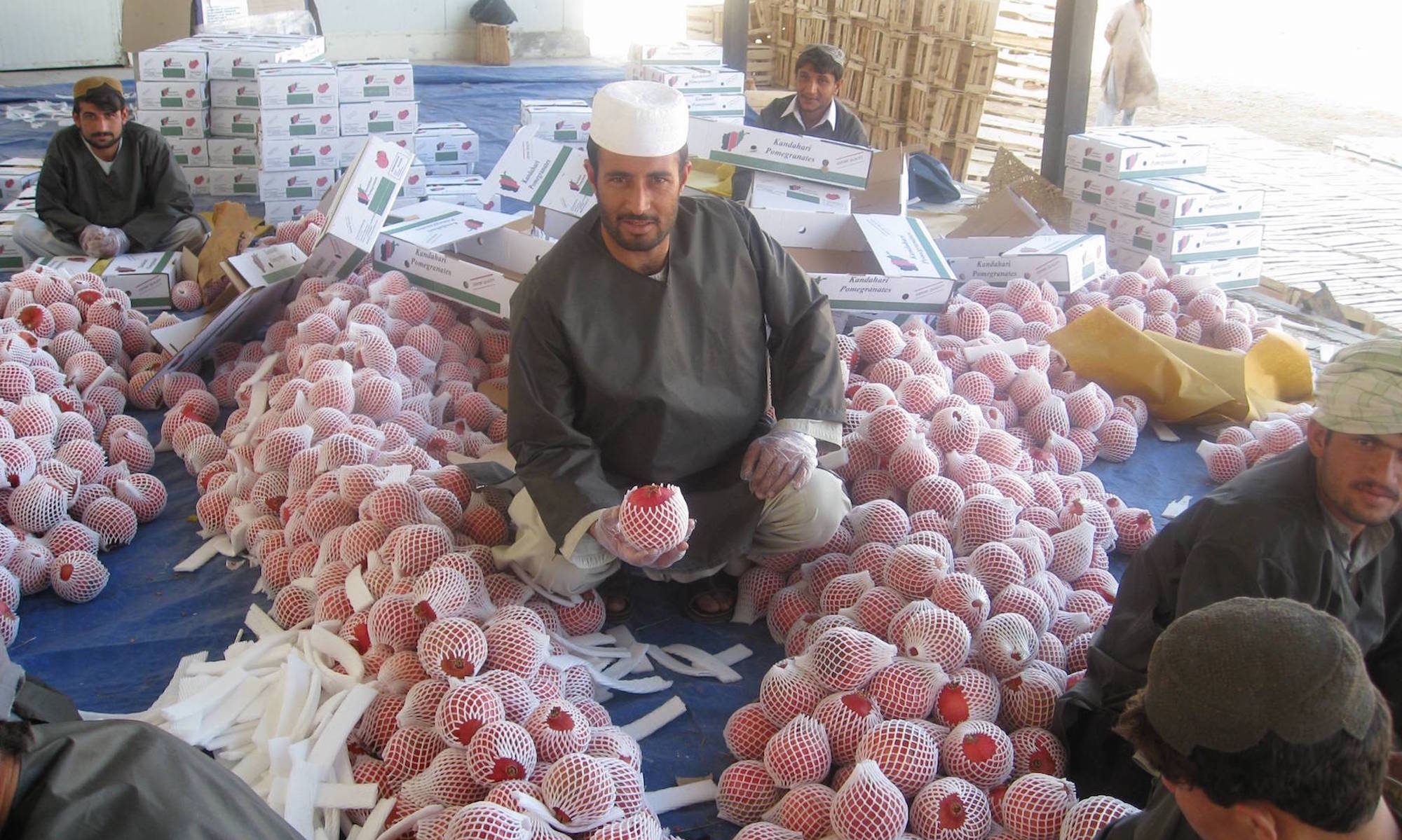Since the end of the Cold War, sub-Saharan African states have substantially increased their participation in international peacekeeping operations in Africa. Their contributions have become highly valued and even facilitated by major powers. This article examines why certain African states might contribute more than others to peacekeeping. In particular, prominent arguments are considered about the primacy of regime security concerns and the dynamics of warlord politics in the foreign policymaking of African states, the economic incentives of peacekeeping, and the importance of African states’ concerns over their state legitimacy and territorial integrity. First, this study investigates the possibility that peacekeeping might be utilized as a diversionary strategy to divert the attention of both an African state’s military and major powers from a regime’s misrule. Second, this study examines the extent to which financial and material assistance from donor states encourages poorer states to engage in peacekeeping. Third, the study investigates whether states with less legitimate and more arbitrary borders might have greater incentive to contribute to peacekeeping operations to promote the territorial status quo in Africa. Empirical evidence from a quantitative analysis across 47 states of sub-Saharan Africa from 1989 to 2001 suggests that states that are poorer, with lower state legitimacy and lower political repression, participate more often in regional peacekeeping.

INSCT Postconflict Research Database
The Institute for National Security and Counterterrorism's Postconflict Research Database & Analysis Project stores cross-indexed bibliographic information on hundreds of journal articles, books, book chapters, and case reports that address the broad, interdisciplinary fields of postconflict reconstruction, stabilization, and peacebuilding.
89 Replies to “African Peacekeeping in Africa: Warlord Politics, Defense Economics, and State Legitimacy”
Comments are closed.